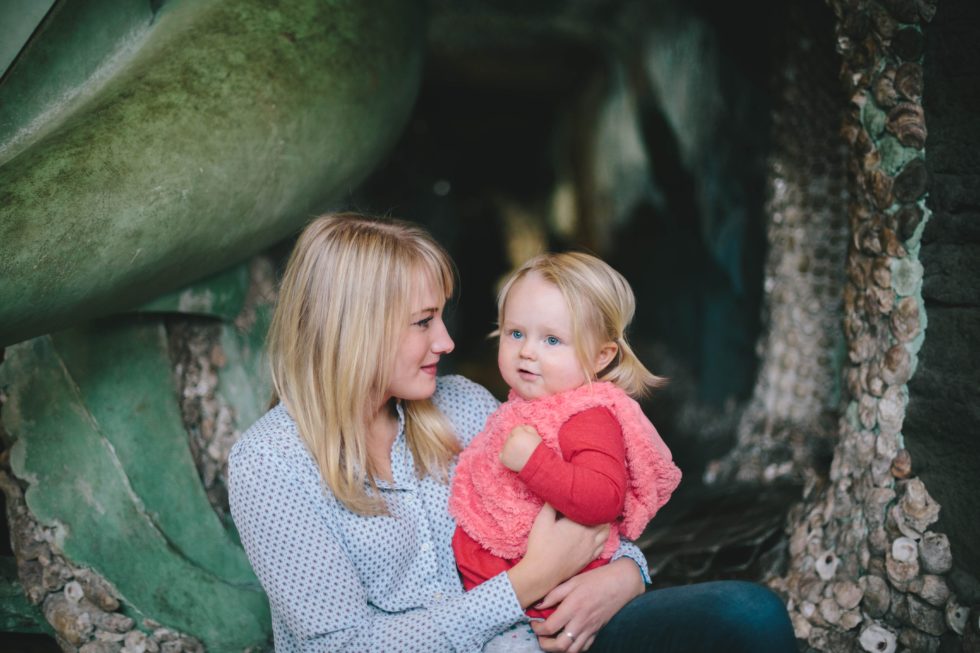After an extremely busy week of work, driving my kids from piano lessons to haircuts, and a quick trip to the hospital- don’t ask, I have a very rambunctious 4 year old- I finally had some time to sit on the couch, put my feet up, and bury my nose in my favourite book. As I was sitting there wondering if Rosanne was going to reconnect with her absent father, this immense feeling of guilt overcame me. This is a guilt that no parent is stranger to. That’s right, I got the “am I spending enough time with my children?” guilt. This book placed such an emphasis on the importance of time and how precious it is that it really made me reconsider the type of time I was spending my children and encouraged me to relish in and treasure the moments I have with my little ones.
The way I see it, there are two “types” of time that we spend with our children; routine time and quality time. Routine time is characterized as day to day things we do for our children, whereas quality time is things we do with our children. This isn’t to say that we can’t turn routine time into quality time. However when I recount my memories with my parents, I remember the trips to Luna Park, not the drive to my haircut. Although that was time well spent with my parents it wasn’t a lasting, impactful memory.
Here are some tips for maximising quality time with your child.
Give Them Your Full Attention!
Make time to spend together, and whenever that is, commit to giving it your full attention. This means switching off devices as well as the part of you that is half somewhere else. Close the door on that and bring your full attention to the moment. Children are sensitive, intuitive creatures and they can tell when an adult is distracted. There is nothing worse for a child than thinking they have your attention only to realise that you are not really there. In some ways, it can be worse than if they didn’t have you at all.
If you give half your attention, you will find that the connection is not made and your child will more than likely try to get your attention for the rest of the evening. This will usually play out in their behaviour, with them not wanting a bath, not eating dinner, and ultimately not going to sleep.
When a child feels that they have been given quality time, they are more likely to amble off and get into a game of their own and remain much more settled for the rest of the evening.
Create Unusual Moments
Take them to Luna Park or go on a vacation. Create “remember when” moments with your little one.
Talk
Ask them about their day but really ask them. Go for details such as the name of another child they played with, the outcome of a game, who had what for lunch and how they felt about something that happened to them.
Play
Play a game they want to play. There is nothing children love more than getting a busy adult down on their hands and knees to roar like a TREX or go for a swim.
Rituals
Get outside together and kick the ball or take a regular nature walk, making observations as you go. You could even create an outdoor ritual such as visiting a particular tree. This will anchor a feeling of continuity. It also breaks down the parent/child dynamic for a short time, allowing you both to become adventurers on the planet together.
Extending Beyond the Allocated Period!
It’s easy to feel overwhelmed by the number of things you need to get done in a day. Your time with children may even feel squashed in between a host of other activities. This is upsetting for many parents and it’s difficult to resolve. No one wants to feel like they are rushing through this important time but the responsibilities remain. Making the most of your time together can make a little time go a long way.
The time you spend together during your special hours is perfect for building a foundation. All relationships work better when we connect through quality time. However, it doesn’t need to end when the parent play date is over.
The connection you make at that time is with you everywhere you go. And moments of connection won’t always occur during the allocated time. Look out for these moments wherever there is opportunity – driving somewhere in the car, wrestling a hairbrush, or the moment you spill cat food all over yourself. Allowing your child to see you for who you are – outside of your role as a parent – is nourishing for their personal growth.
For more information about what we have on offer at ToBeMe, contact us today or book a tour to join our wait list.
Comments are closed.






